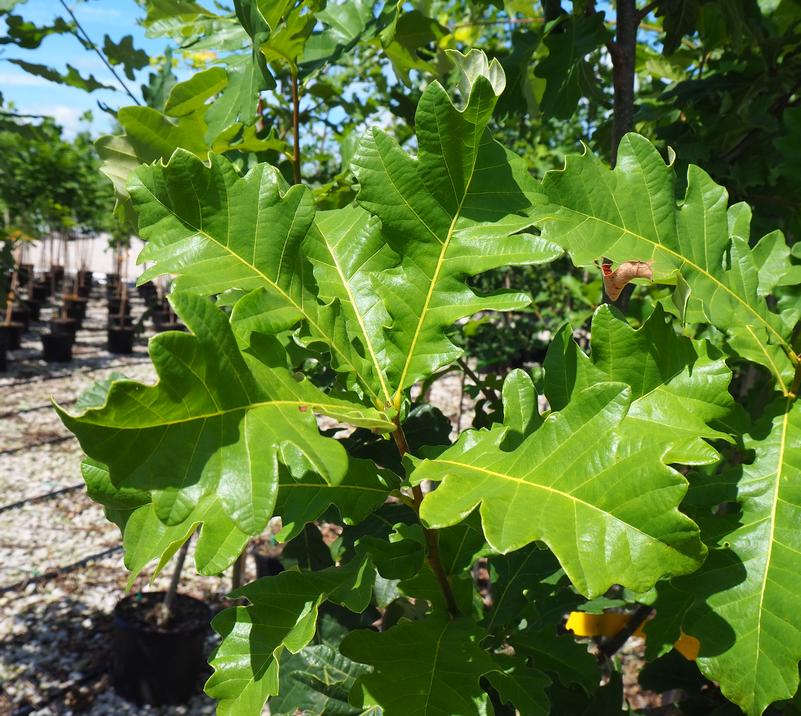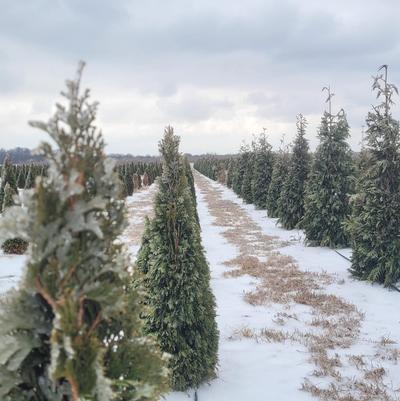Oaktober - A Celebration of the Mighty Oak
Illinois Annual Oak Awareness Month
In 2015, the state of Illinois began a program to raise awareness of the decline of their native oak woodlands and put their oaks on the path to health and regrowth. It is an admirable effort that would be beneficial to many areas of the country.
The original 2015 proclamation, signed by Governor Bruce Rauner, was coordinated by the Chicago Region Trees Initiative (CRTI), which partners with 97 forest preserve districts, commercial associations, conservation groups, state and federal forestry officials and municipalities across the seven-county metropolitan region to build a healthier and more diverse regional forest. The Oaktober campaign was supported by letters from 42 organizations including The Morton Arboretum, Openlands, Chicago Metropolitan Agency for Planning, Chicago Park District, Forest Preserves of Cook County, Illinois Arborist Association, Illinois Green Industry Association, Illinois Landscape Contractors Association, Metropolitan Mayors Caucus, Metropolitan Water Reclamation District, and The Nature Conservancy.
The prevalence of oak trees in the Chicago region has dropped from 60% of the tree canopy in the 1880s to only 5% today. Threats such as invasive plants, the introduction of exotic insects, urban growth and a lack of funding for proper tree care have seriously compromised their survival. Aside from the beauty and presence of a large oak, these trees, like others, are valuable for cleaning the air and water, reducing flooding, stabilizing the soil, and decreasing ambient air temperature and energy use. But more specifically, oak trees are important for the survival of entire ecosystems, which in many regions are under severe threat. Oaks support a more diverse mix of plants, insects, birds and other animals; their loss has a big impact on the survival of many types of flora and fauna. Acorns provide food for more than 100 species of wildlife, and many caterpillars feed on the leaves. The massive trees provide nesting sites for birds and mammals, shelter from weather and protection from predators. Hundreds of vertebrates and thousands of insects are associated with oak woodlands. Their decline is also an economic issue as oaks are important to the hardwood timber industry.
The Oaktober campaign underscores the importance of oak species in the environment and promotes events and programs to regenerate oaks. Oak-focused events throughout the state include wine tastings (oak barrels add flavor and structure to wine), oak woodland hikes, oak woodland restoration camping events, stewardship events, acorn round-ups, oak planting, native tree sales and celebrations. The CRTI suggests these ways you can help ensure oaks remain and thrive:
• If you have an oak on your property, help it thrive. Make sure it has adequate water and a nice layer of mulch over the root system. Be careful not to damage or compact the roots system.
• Plant an oak in your yard.
• Learn about oaks and oak ecosystems. This knowledge will enable you to appreciate the significance of oaks in our region and allow you to lend your support to improved management and protection.
• Volunteer for oak restoration events in your forest preserve.
• Attend an oak event, taking place throughout the month of October. Events are listed on the website of the Chicago Region Trees Initiative.
Meanwhile, researchers from CRTI member organizations are currently working on a comprehensive analysis of oak canopy throughout the region and developing recommendations for the future. Restoring oak canopy dominance is the goal - what better place to start than in the state whose State Tree is the White Oak


